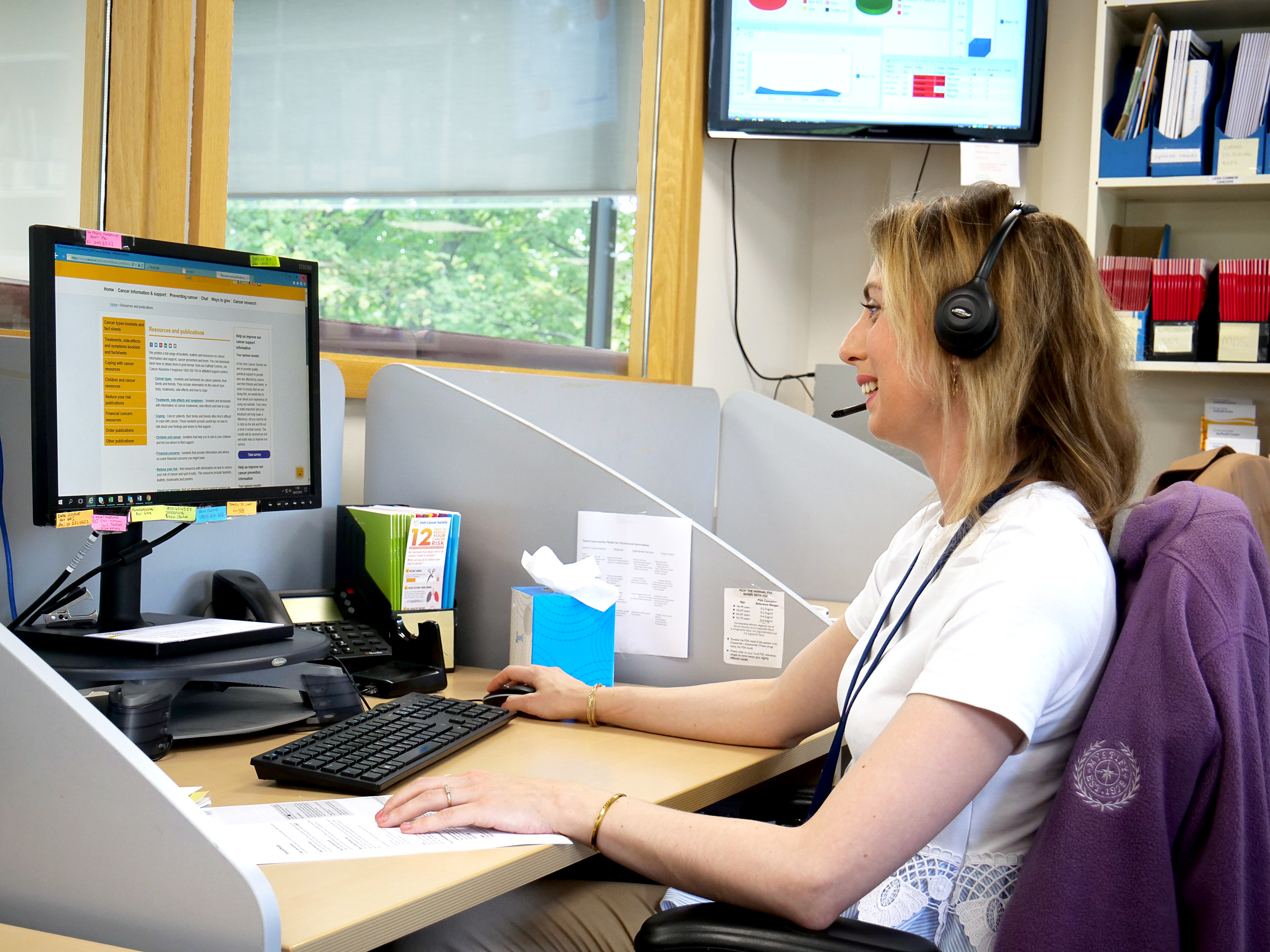Life after caring

While some people may be relieved to move on from caring responsibilities, many people find it difficult to adjust to life after caring, especially if they have been a full-time carer.
How might I feel about life after caring?
- Empty or without purpose. Caring for someone who is seriously ill can take up most of your time. If you’re no longer needed as a carer, it can leave a void or sense of emptiness. You may feel your life has no purpose. It can take some time to get used to this, even if your loved one has recovered.
- Alone. You may miss the support of the hospital medical team and other services.
- Lonely. Your caring responsibilities might have left you isolated, if you were too busy to have a social life or spend time with friends and family.
- Anxious about getting back to normal. You may be worried about starting up social activities or about returning to work, if you took a break to care for your loved one.
- Worried. You may have problems that you didn't deal with while you were busy caring. For example, you may have financial or health problems of your own that you now need to deal with.
- Sad. If your loved one passed away you may find it hard to deal with your loss and feelings of grief.
How can I adjust to life after caring?
Most people who have been carers need to go through a period of adjustment before their lives can return to some kind of normality again. Be kind to yourself. Give yourself time to adjust and deal with your feelings, which may include guilt, loss or grief.
Reflect on your time as a carer and the fact that you were there for your loved one when they needed you.
Hints and tips: Going back to work
If you have been caring for some time, you may feel nervous about going back to work or worried that you no longer have the skills you once had.
- Get professional help with your CV. Include the skills you learned from your experience as a carer and be up front about your career break.
- Take a course to build up your skills.
- Get some experience through a work placement or voluntary work, to build your skills and confidence.
- Start off with part-time work, to get used to working again.
- Use support services like Family Carers Ireland for advice if you have been caring for a long time and want to get back into the job market.
If you are on Carer’s Leave, you must give notice in writing to your employer that you intend to return to work 4 weeks before your return date.
Support after caring
If you are feeling very sad, stressed or finding it hard to deal with your emotions or your relationships, there are lots of people who can help you. For example, counsellors, services offering financial and legal advice, bereavement and carers’ support groups.
You can call our Support Line on 1800 200 700 or visit a Daffodil Centre to talk in confidence or for information on where to get help.
Moving on
Most people find a way to move on with their lives, after a period of adjustment. You may find new purpose in your life through:
- Returning to work
- Spending more time with family and friends
- Taking up a new interest or occupation
- Being involved with support groups
- Volunteering
Try not to feel guilty about doing things for yourself. Instead, treat yourself and try to find things you enjoy to fill any extra time you have.
The Care Alliance has produced a handbook to support people who have recently stopped being a carer.
For more information
Phone
1800 200 700




